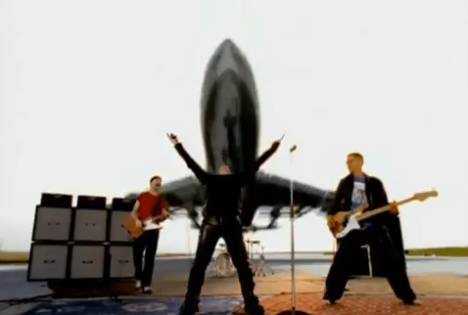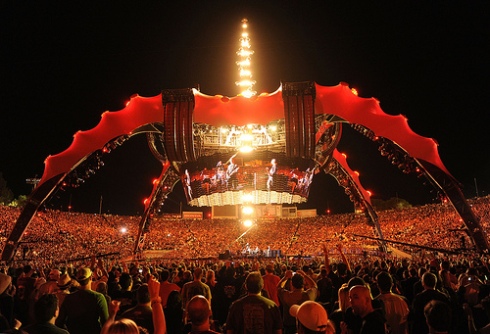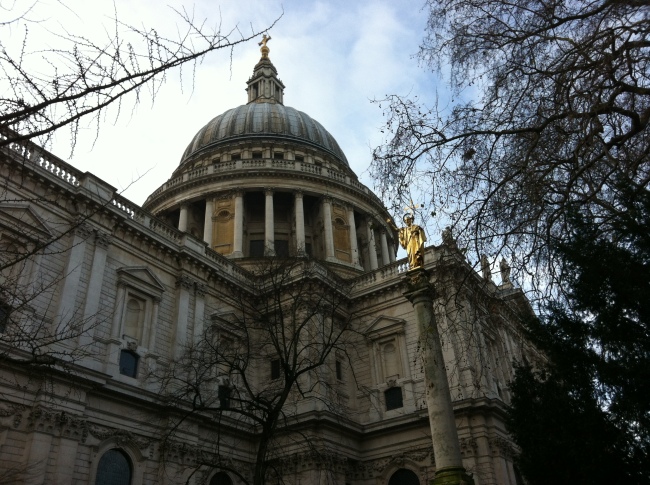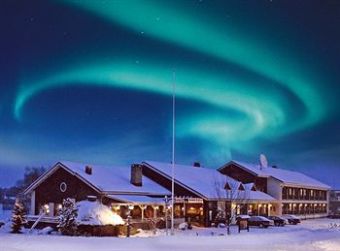I don’t really like who I was as a teenager.
No, really. If you ask me, I was pretty awful. I was over-confident and over-emotional at the same time, extremely distrustful and intolerant of people I didn’t like, too assured of my own intelligence while simultaneously riddled with self-doubt. I was moody and impatient, quick to anger and quicker to slump into discontent, but I also thought I was better than most of my peers, smarter, more mature, better equipped for the world. I was trying to be older than I was, and the result was an awkward, contradictory mess.
If I had my way, pretty much everything between the ages of 11 and 17 would be struck from my record. It would save me a lot of cringing if I never had to think about those years again.
That’s my memory of it. But perspective is a wonderful thing.
A few weeks ago, while shopping for a friend’s birthday present, I wandered into my local Typo, a store that sells quirky stationary and hipstery home decor. While browsing through galaxy-print notebooks, a quiet voice broke the silence.
“Hannah?” it asked. “Your name is Hannah, right?”
The pretty girl behind the counter was looking at me, half-smiling. I nodded.
“I was in your dance class,” she said. “Intermediate contemporary. I’m Isabella”.
I danced for fourteen years, but towards the end of high school I ruptured a disc in my spine, which put an end to my pirouettes and arabesques. It’s been a long time since I was in intermediate contemporary. To my shame, I couldn’t remember her.
“I was a couple of years younger than you,” she said. “I moved to the intermediate class because I got too tall. I was terrified. I knew nobody. And the first class of the year, you invited me to warm up with you. You helped me with my extensions. You taught me how to hold a backbend. I wanted to quit because the ballet girls scared me, but you were nice to me. I only kept coming because you were nice to me”.
I remember that. I remember the quiet girl I stretched with. I talked a lot, and she didn’t say much, but we warmed up together before every class, working on our form and core. I hadn’t realised I was helping her. I hadn’t realised she was so scared, so in need of a friend. I hadn’t realised that I’d become that friend, or that after such a long time she’d remember the chatty girl who could never quite do the splits. I kind of wanted to cry.
In hindsight, I’ve long hated who I was as a teenager. But I’ve always have a tendency to obsess over my mistakes, to focus on where I went wrong rather than where I went right, to overthink things and make them much bigger than they are.
Not everybody sees things the same way. Not everybody remembers your embarrassments and awkwardness. Some people remember your kindness, your good deeds and successes. Some people remember that you were nice to them in dance class. And years later, when you meet as adults, some people help you put things in perspective.






